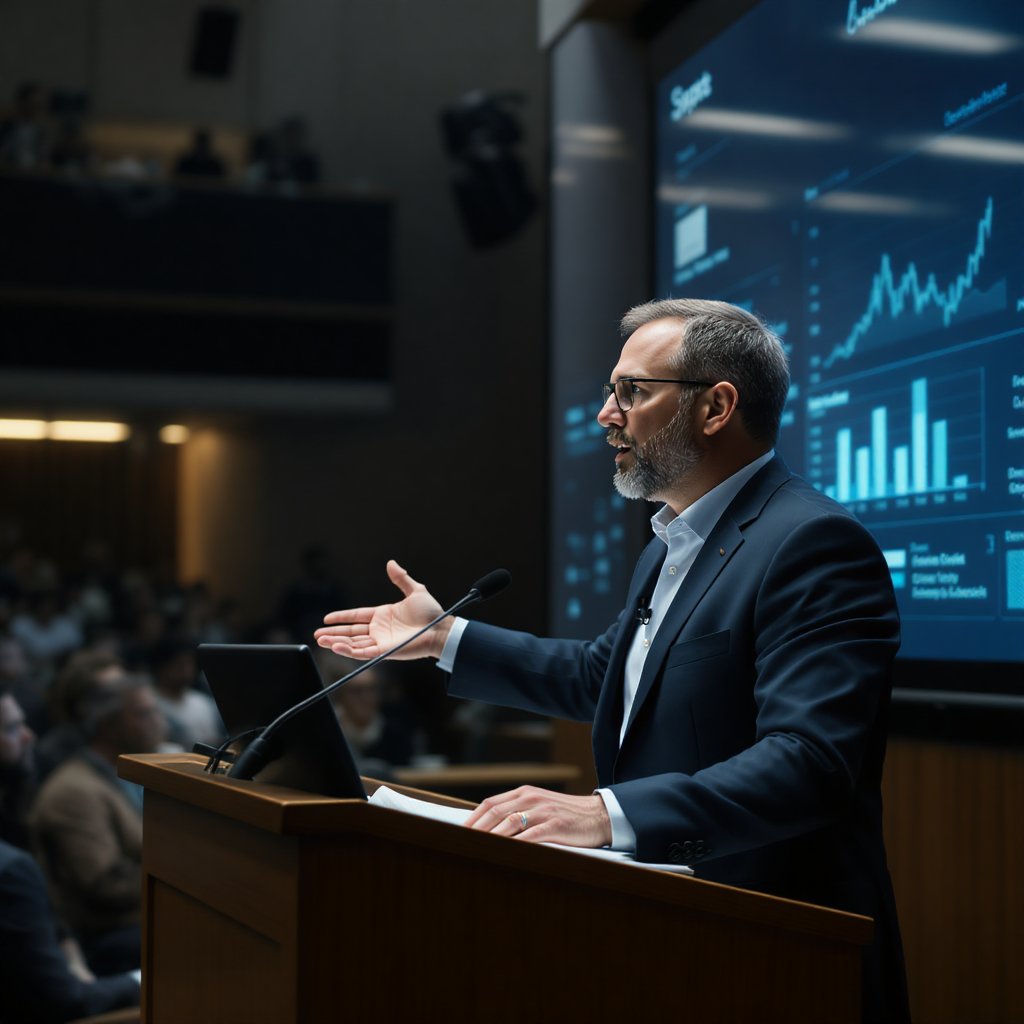GPT (short for “Generative Pre-trained Transformer”) is a type of natural language processing (NLP) model developed by OpenAI. It has the ability to generate human-like text by predicting the next word in a sequence based on the context of the previous words. This technology has the potential to revolutionize the way we think about education, particularly at the third level.
One of the main benefits of GPT for education is its ability to provide personalized learning experiences. Traditional education often involves a one-size-fits-all approach, with students expected to learn at the same pace and in the same way. GPT, on the other hand, can adapt to an individual student’s needs and learning style. For example, a student who is struggling with a particular concept could be provided with additional resources and explanations explicitly tailored to their needs.
GPT can also be used to create interactive learning materials, such as chatbots or virtual tutors. These tools can provide students with immediate feedback and support, making it easier for them to stay on track and stay motivated. Moreover, students can access these resources at any time, from any location, which can be especially beneficial for those who are unable to attend in-person classes due to geographical or other constraints.
Another potential application of GPT in education is in the creation of customized course content. Instead of being limited to pre-existing materials, teachers could use GPT to generate custom lesson plans and assignments based on the needs and goals of their students. This could allow for a more dynamic and engaging learning experience, as well as provide an opportunity for students to explore topics of particular interest to them.
Of course, it’s important to note that GPT is still a work in progress, and there are limitations to what it can currently do. For example, it may not be able to fully replicate the nuance and critical thinking skills that are so important in higher education. However, as technology continues to evolve, it is likely that these limitations will be overcome, leading to even more transformative applications in education.
Overall, GPT has the potential to fundamentally change the way we think about education, and it’s an exciting development to keep an eye on. Whether it’s through personalized learning experiences, interactive learning tools, or customized course content, GPT has the potential to revolutionize the way we learn at the third level and beyond.
